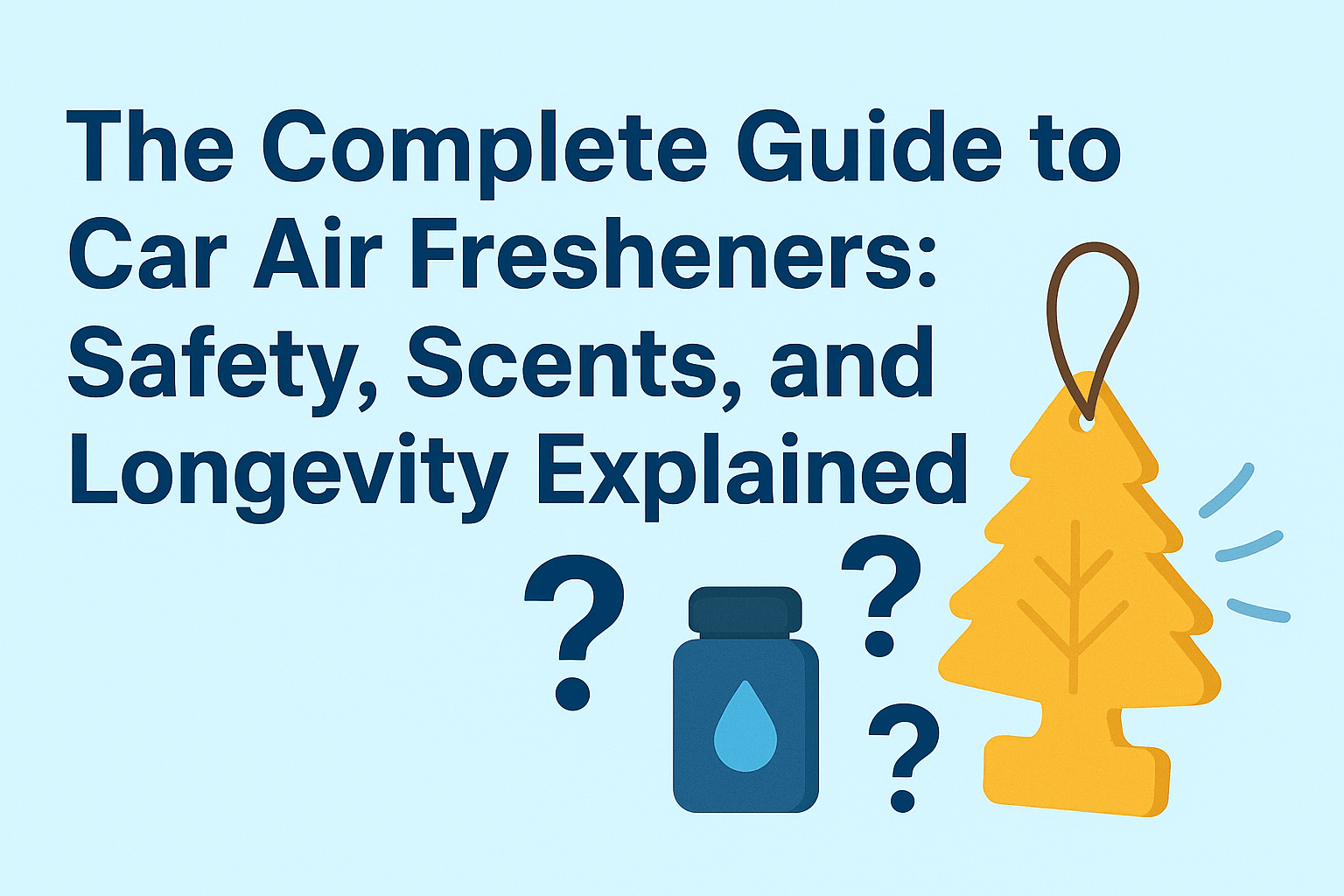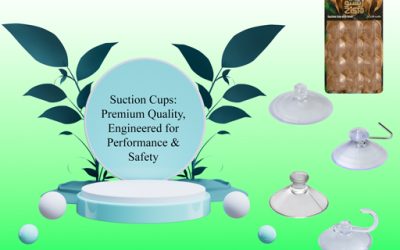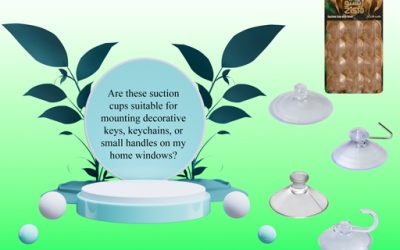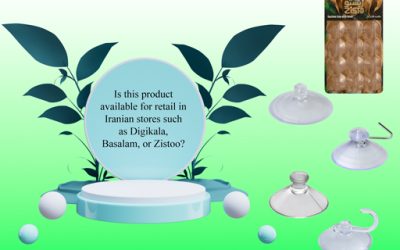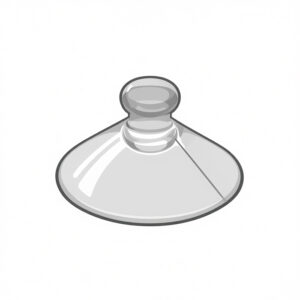Car air fresheners are more than just pleasant accessories. They influence mood, comfort, and even perception of cleanliness inside your vehicle. Whether you are choosing between paper hangers, diffusers, gels, or natural oils, understanding how air fresheners work, their health impact, and how to make them last is essential. Below is the complete Q&A guide to everything you have ever wanted to know about car air fresheners.
1. The Purpose and Use of Car Air Fresheners
What is a Car Air Freshener?
A car air freshener is a product designed to improve the scent inside your vehicle by masking, neutralizing, or eliminating unpleasant odors. It comes in several forms including hanging cards, gels, sprays, oil diffusers, and vent clips. Each type releases fragrance molecules into the air to maintain a pleasant and refreshing atmosphere while driving.
High-quality car air fresheners do more than cover bad smells. Many contain odor-neutralizing agents that chemically interact with odor molecules, breaking them down rather than simply hiding them. This creates a cleaner, longer-lasting result that helps your car smell fresh even after hours of use.
Why Do We Need Car Air Fresheners?
Car interiors naturally collect odors from food, pets, sweat, humidity, and even materials like plastic or leather. Over time, these smells blend and can become unpleasant. Air fresheners serve as a quick, effective solution to restore freshness and comfort inside the cabin. They make daily driving more enjoyable and ensure your vehicle always feels inviting to you and your passengers.
Beyond function, scent has a psychological effect. A pleasant fragrance helps reduce stress, increase alertness, and make long drives feel shorter. Drivers who spend significant time commuting find that using a car air freshener can noticeably improve mood and concentration on the road.
Why Do People Put Air Fresheners in Cars?
People use air fresheners for both practical and emotional reasons. Practically, they help eliminate odors from daily activities like eating or smoking in the car. Emotionally, people associate certain scents with comfort, confidence, and cleanliness. A refreshing fragrance creates a positive first impression, especially if you often drive clients or friends.
Additionally, a signature scent helps personalize your car. Some drivers prefer fruity or tropical fragrances to match an energetic personality, while others choose wood, musk, or leather scents for a more luxurious feel. In this way, the scent becomes part of your car’s character.
What is the Point of an Air Freshener?
The main purpose of an air freshener is to enhance the driving environment by improving how it smells. It not only hides bad odors but also sets a mood. The right scent can energize, relax, or refresh depending on your choice. For many, it is part of maintaining their car’s overall hygiene and atmosphere.
Furthermore, certain air fresheners work on a molecular level to neutralize smells instead of just masking them. These products contain compounds that trap and destroy odor particles, ensuring a more permanent freshness rather than a temporary cover-up.
Is a Car Air Freshener Necessary?
While it is not absolutely necessary for a car to function, many drivers consider air fresheners essential for comfort and cleanliness. A fresh-smelling interior gives a sense of order and pride in vehicle maintenance, which can even increase resale value.
For people who spend a lot of time in their vehicles, a car air freshener can also contribute to mental well-being. A clean scent provides a refreshing break from pollution and everyday stress, turning your car into a more enjoyable space.
2. Fragrance and Psychology
Why Do Luxury Cars Smell So Good?
Luxury cars smell pleasant because brands carefully design the interior fragrance to create a sense of exclusivity. High-end manufacturers often use a process called “scent branding,” where perfumers develop custom fragrances to complement the materials and style of the vehicle. The result is a refined, balanced scent that communicates sophistication without overpowering.
These scents often combine notes of leather, amber, cedarwood, and subtle floral tones. The aim is to evoke feelings of comfort, prestige, and confidence. This is why luxury car interiors retain a distinct “premium” aroma long after purchase.
What is the Psychology Behind Fragrances?
Fragrance directly affects mood, memory, and emotion. Different scents trigger unique psychological responses. For example, citrus scents increase alertness and energy, lavender helps calm nerves, and pine or eucalyptus evoke freshness and clarity. When you choose a car air freshener, you are also influencing how your brain reacts every time you enter the vehicle.
This is why businesses, hotels, and car brands invest heavily in signature scents. They know that a specific fragrance can enhance experience and even create loyalty. For drivers, a consistent scent in a car can make daily routines feel more pleasant and familiar.
What Scent Triggers Dopamine?
Scents such as vanilla, jasmine, and citrus are known to stimulate dopamine production in the brain. Dopamine is a neurotransmitter associated with pleasure and motivation. When your brain links a scent with a positive feeling, it releases dopamine each time you experience that smell again.
This connection is why drivers who choose uplifting scents often report better mood and focus on the road. A well-chosen fragrance not only freshens the car but also boosts emotional well-being.
3. Health and Safety
Is Car Air Freshener Good for You?
When used correctly and made from safe ingredients, car air fresheners can be good for you. They create a pleasant environment that can reduce stress and make driving more enjoyable. Natural air fresheners that use essential oils can even have aromatherapy benefits, improving focus and alertness.
However, not all air fresheners are created equal. Low-quality products that rely heavily on synthetic chemicals may release volatile organic compounds (VOCs) that irritate lungs or trigger allergies. Choosing non-toxic, eco-friendly brands is the safest option.
Are Air Fresheners Good for Your Lungs?
Air fresheners that use natural ingredients like essential oils or plant extracts are generally safe for healthy lungs. Problems occur with synthetic fragrances containing chemicals such as formaldehyde or phthalates, which can cause irritation when inhaled over time.
If you are sensitive to fragrances, choose air fresheners labeled hypoallergenic or made with natural components. Proper ventilation also matters. Keeping your windows slightly open when using a new product helps prevent buildup of strong scents inside the cabin.
Is It Safe to Use Air Freshener Every Day?
Yes, it can be safe to use a car air freshener daily as long as the product is non-toxic and used moderately. Continuous use of heavy, synthetic fragrances can cause mild irritation, but clean, plant-based air fresheners are safe for daily use.
You can reduce exposure by choosing air fresheners that slowly release fragrance and avoiding spraying directly near your face or vents. Balance is key: aim for a consistent, subtle scent rather than an overpowering one.
Is It Safe to Sleep With an Air Freshener?
Sleeping inside a closed car with an active air freshener is not recommended. In a confined space, air circulation is limited, and certain chemical compounds can accumulate, especially if the product is aerosol-based. This could cause mild dizziness or headaches in sensitive individuals.
If you must rest in your car, remove or temporarily seal your air freshener, and open a window slightly for ventilation. Always prioritize airflow and safety over fragrance intensity.
How Do I Identify Air Freshener Poisoning?
Air freshener poisoning is rare but possible if inhaled in large amounts or ingested accidentally. Symptoms may include dizziness, nausea, headaches, or irritation of the eyes and throat. If these symptoms occur after exposure, remove the air freshener immediately and ventilate your vehicle.
For severe symptoms, such as difficulty breathing or persistent coughing, seek medical attention. The best prevention is to use high-quality, low-chemical products and avoid overuse.
4. Longevity and Maintenance
How Long Do Air Fresheners Last in Cars?
The lifespan of a car air freshener depends on its type and environmental conditions. Paper-based hanging air fresheners typically last one to three weeks. Gel and oil-based diffusers can last between 30 and 60 days. Factors such as sunlight, heat, and airflow affect how quickly the scent evaporates.
To extend the life of your air freshener, park in shaded areas when possible and keep it away from direct sunlight. You can also combine a subtle hanging scent with a smaller vent clip to maintain consistent fragrance without wasting product.
How Many Air Fresheners Should You Have in Your Car?
Usually, one air freshener is enough for a standard vehicle. Two might be necessary for larger cars or SUVs, but using more than that can create an overwhelming scent that may cause headaches or nausea.
The goal is to achieve a balanced, pleasant aroma. It should be noticeable but not intrusive. Choose one high-quality air freshener instead of several low-quality ones for better control and longer-lasting freshness.
Why Don’t Car Air Fresheners Last?
Some car air fresheners fade quickly because they use volatile fragrance ingredients that evaporate fast, especially in warm conditions. Cheap products often rely on alcohol-based carriers, which disperse too quickly and lose intensity within days.
To make scents last longer, select air fresheners made with oil-based formulas or controlled-release technology. These gradually diffuse fragrance over time and maintain freshness without constant replacement.
5. Natural and Luxury Scents
What Is the Healthiest Air Freshener?
The healthiest air fresheners are made from natural ingredients such as essential oils, activated charcoal, and plant-based extracts. These options release fragrance gently and do not emit harmful volatile compounds. Scents like lavender, eucalyptus, and lemon are not only refreshing but can also help reduce stress and improve focus while driving.
Look for labels that say “non-toxic,” “paraben-free,” or “phthalate-free.” These indicate that the product is safer for continuous use. Some eco-friendly air fresheners also come in reusable containers, which helps the environment and reduces waste while keeping your car naturally fresh.
What Scent Is Good for Your Lungs?
Certain natural scents are beneficial for your respiratory system. Eucalyptus, peppermint, and pine are known to open airways and promote easier breathing. These scents contain compounds that have been used in aromatherapy to relieve nasal congestion and improve airflow.
When choosing an air freshener, consider those that use essential oils rather than synthetic perfume. They not only smell cleaner but also avoid irritating the lungs. For people with asthma or allergies, mild herbal or citrus-based fragrances are ideal.
How Can I Make My Car Smell Luxury?
To make your car smell luxurious, start with cleanliness. Vacuum carpets, wipe down surfaces, and replace air filters to eliminate existing odors. Then choose a scent that feels rich but not overpowering. Fragrances like sandalwood, vanilla, leather, or amber are great choices for creating a high-end atmosphere.
You can also use natural oil diffusers or scented wood blocks instead of cheap paper air fresheners. Pairing a subtle fragrance with a clean interior creates that unmistakable “luxury car” feel that lasts much longer.
6. Air Fresheners and Air Quality
Do Air Fresheners Actually Clean the Air?
Most air fresheners mask or neutralize odors rather than clean the air itself. They release fragrance molecules that interact with odor particles, reducing the perception of bad smells. However, they do not remove dust, bacteria, or pollutants.
To truly clean your car’s air, combine air fresheners with regular cleaning, proper ventilation, and cabin air filter replacement. You can also use activated charcoal or bamboo charcoal bags, which naturally absorb odor molecules and purify the air without chemicals.
What to Avoid in Air Fresheners?
Avoid air fresheners that contain harmful chemicals such as formaldehyde, benzene, and phthalates. These compounds can irritate the lungs and skin with prolonged exposure. Artificial dyes and synthetic musks are also best avoided if you are sensitive to fragrances.
When shopping for an air freshener, always check the ingredient list. Look for words like “essential oils,” “plant-based,” or “non-toxic.” Transparent labeling is a sign of a reputable brand that prioritizes safety.
Should I Stop Using Air Fresheners?
You do not need to stop using air fresheners altogether, but you should be selective. The key is moderation and awareness of the ingredients. Switching to natural or organic air fresheners is the best way to enjoy pleasant scents without compromising health.
If you ever feel headaches, nausea, or irritation from an air freshener, remove it and ventilate your car. Using safer products will ensure that you can keep your space fresh and comfortable without any side effects.
What Is the Safest Car Air Freshener?
The safest car air fresheners are those made with natural oils and free from synthetic additives. Products that rely on wooden diffusers, gel-based natural formulas, or activated charcoal are among the safest options available. These do not emit harmful chemicals and still provide a long-lasting scent.
Brands that are transparent about their ingredients and certified non-toxic offer the best protection for both drivers and passengers. Choosing a safe air freshener ensures that you can enjoy a fresh-smelling vehicle without worrying about harmful side effects.
7. Practical Use and DIY Solutions
What Do Car Dealers Use to Make Cars Smell Nice?
Car dealers often use professional-grade odor neutralizers combined with subtle “new car” fragrances. These specialized products are designed to eliminate existing smells from upholstery, leather, and carpets while maintaining a clean and natural scent. Some dealerships even use ozone treatments to remove stubborn odors at a molecular level.
These products are generally mild but effective. They create a lasting impression that helps potential buyers associate the car with cleanliness and quality. If you want that same effect, use lightly scented sprays or interior mists that mimic the “new car” fragrance profile.
What Is a Good Substitute for Car Freshener?
If you prefer natural alternatives, several substitutes work just as well. A small jar of baking soda or a bag of activated charcoal can absorb odors effectively. You can also make a DIY air freshener by adding a few drops of essential oil to cotton balls or felt pads placed inside a small container.
Coffee beans are another popular substitute that naturally neutralize bad smells and add a warm aroma. These methods are chemical-free, affordable, and customizable based on your scent preference.
What Is the Hardest Smell to Get Rid Of?
Cigarette smoke and mildew are among the hardest odors to remove from cars. They penetrate fabrics, carpets, and vents, making them resistant to regular cleaning. Removing these odors often requires deep cleaning with steam, vinegar solutions, or ozone treatments.
Once the underlying smell is gone, using a long-lasting car air freshener helps maintain freshness and prevents new odors from settling in. Consistent cleaning and ventilation are the best ways to keep these tough smells from returning.
What Is the 3-1-1 Rule for Perfume?
The 3-1-1 rule applies to air travel, not specifically to car air fresheners. It means that any liquid, including perfume, must be in containers of 3.4 ounces (100 milliliters) or less, all fitting in a single one-quart clear bag. This rule helps travelers carry personal fragrances while complying with airport security regulations.
Although unrelated to car use, this rule is useful if you travel with car sprays or liquid diffusers. Make sure they meet the same requirements to avoid issues at security checkpoints.
8. Additional Common Questions
What is the Healthiest Way to Make My House Smell Good?
The healthiest way to freshen your home is by using natural methods. Open windows regularly to improve ventilation, use indoor plants that absorb toxins, and simmer citrus peels or cinnamon on the stove for a warm aroma. Essential oil diffusers are another great way to fragrance your space naturally.
Avoid aerosol sprays and synthetic plug-ins that contain artificial chemicals. A clean environment paired with light, natural scents will make your home smell inviting without any health risks.
What Is a Car Air Freshener Made Of?
Car air fresheners can be made from different base materials depending on their type. Paper or fiber air fresheners are soaked in fragrance oils and sealed to release scent gradually. Gel types use a polymer base that slowly evaporates fragrance, while oil diffusers use natural or synthetic oils dispersed through a wick or wooden cap.
The safest and most effective air fresheners use essential oils combined with neutral carriers. This ensures consistent scent release without the harsh side effects often found in chemical-based products.
Why Don’t Car Air Fresheners Last Long?
Many air fresheners lose effectiveness quickly because their fragrance oils evaporate rapidly in heat or sunlight. Cheap air fresheners use volatile compounds that release their scent all at once instead of slowly diffusing it. As a result, the fragrance disappears after just a few days.
Choosing a slow-release or oil-based product ensures better longevity. You can also store replacement air fresheners in a cool, dry place to preserve their scent until you are ready to use them.
Conclusion
Car air fresheners are more than a decorative touch. They enhance mood, improve comfort, and make every drive more enjoyable. Whether you prefer natural essential oils, gel diffusers, or luxury-inspired scents, choosing the right product ensures your car always feels fresh and inviting. Focus on safety, longevity, and authenticity when selecting a scent. A well-chosen air freshener not only transforms your car’s atmosphere but also makes every journey a little more pleasant.

